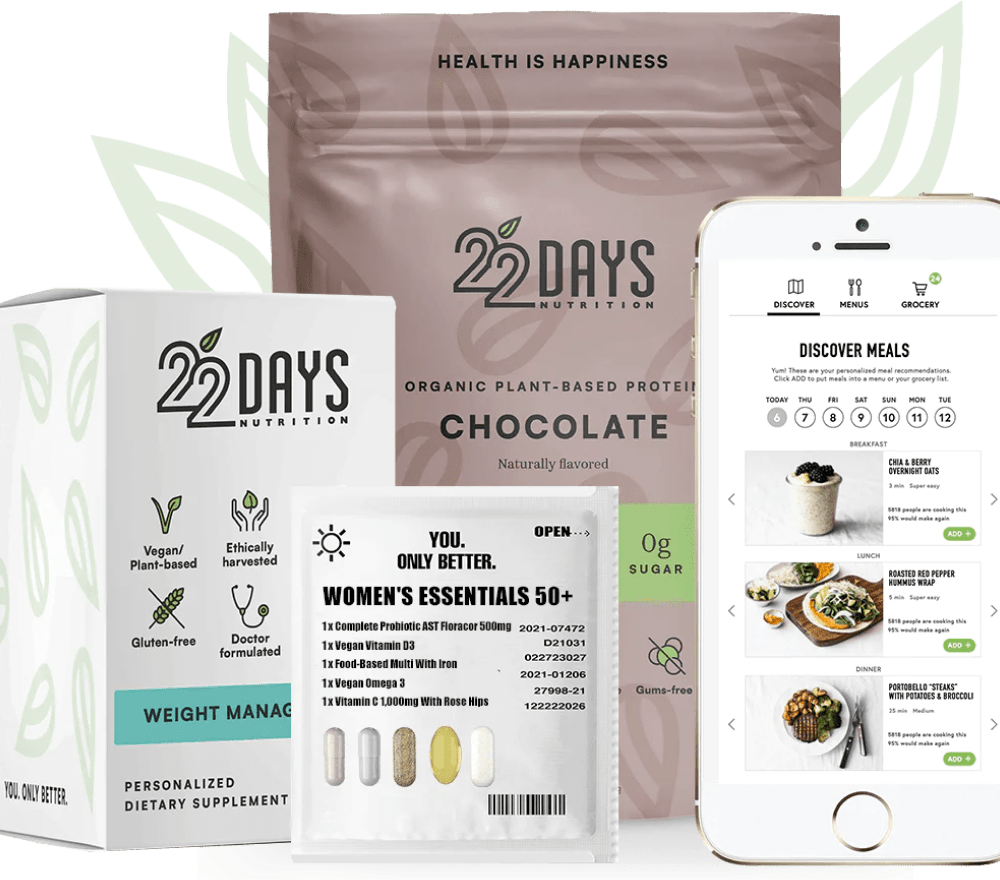How Turmeric Can Increase Omega 3's + How to Use It
The following is a guest post from Amy Shah, MD.
You might be tired of hearing how great turmeric is for your health.
It’s an anti-inflammatory, anti-bacterial antioxidant-rich, digestive-aiding, pain-relieving powerhouse.
BUT, did you know recent research has concluded the curcumin in turmeric increases DHA in the brain? That’s huge!
What’s so great about DHA?
DHA is the dominant Omega 3 fatty acid in the brain. It is critical for brain development, function and protection. Brains deficient in DHA have been found to have higher manifestations of anxiety, depression, memory and cognitive disabilities, and even Alzheimer’s.
The most opulent sources of DHA come from animals, especially fish and organ meat. This has been an area of contention for vegans and vegetarians, whom are told they must take supplements or learn to love algae to get the needed fatty acids.
Yet, it appears a complementary relationship exists between curcumin (the active ingredient in turmeric) and DHA-- by which curcumin actually creates more of the enzymes involved in the synthesis of DHA in liver and brain tissue.
This means higher levels of DHA in the brain when curcumin is consumed.
The implications are incredible.
These findings seem to debunk, specifically, the notion that vegans and vegetarians can’t get sufficient Omegas from a plant based diet and are in danger of DHA deficiency.
On a vaster scope, it implies our microbes, over time, figure out how to extract the nutrients – e.g.: enzymes, vitamins, neurotransmitters – we are learning more and more about this.
How To Get The Most Out Of Turmeric
I always suggest getting nutrients through diet first before turning to supplements that may contain fillers and high potency concentrations.
Two things to consider when consuming turmeric:
- Curcumin is fat-soluble – meaning, it is absorbed through fat.
- Peperine in black pepper can increase curcumin’s bioavailability – the degree by which it is absorbed - 1000 fold.
Therefore, I highly suggest pairing turmeric with fat (like coconut oil) and black pepper – another example of one of nature’s synchronicities also taste great together!
For example these are often key ingredients in curry. Or another good example is golden mylk tea-- which can be made by combining fresh (or powdered) turmeric, coconut milk and a dash of black pepper (sweetener optional).
Turmeric comes in many forms but a good quality organic powder or fresh turmeric root is best.
I would suggest having 1 tablespoon of turmeric every day - in a curry, golden mylk, or just added to any juice or smoothie!
*Here’s a point of reference for suggested permissible doses of turmeric in its available forms from University of Maryland Medical Center (for adults):
- Cut root: 1.5 – 3 g per day
- Dried, powdered root: 1 – 3 g per day
- Standardized powder (curcumin): 400 – 600 mg, 3 times per day
- Fluid extract (1:1) 30 – 90 drops a day
- Tincture (1:2): 15 – 30 drops, 4 times per day
Who is Amy Shah MD?
Amy Shah, M.D. is a double board certified MD with training from Cornell, Columbia and Harvard Universities. She was named one of Mindbodygreen's Top 100 Women In Wellness to Watch in 2015 and has been a guest on many national and local media including Dr. Oz, Bulletproof radio, and the Greatist.
She helps busy people transform their health by reducing inflammation and eating more plants. As an immunologist she realizes the power of the microbiome to help digestion, natural hormone balance and food sensitivities. See more at amymdwellness.com.
Ref:
http://www.sciencedirect.com/science/article/pii/S0925443914003779
https://www.ncbi.nlm.nih.gov/pubmed/25550171
http://umm.edu/health/medical/altmed/herb/turmeric
http://www.greenmedinfo.com/blog/why-turmeric-may-be-vegetarians-best-friend





